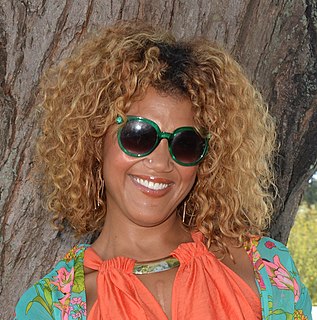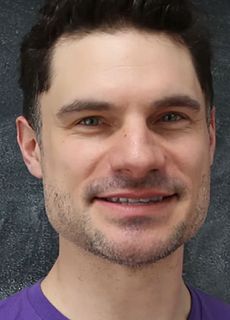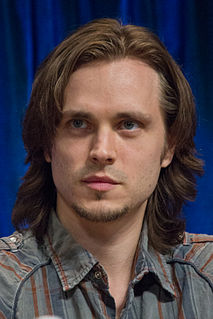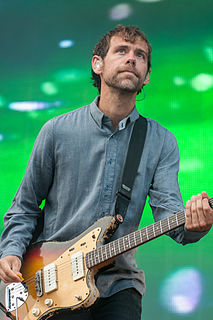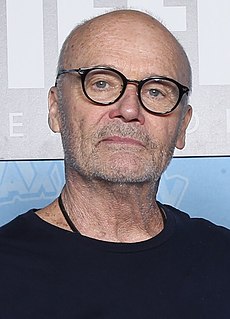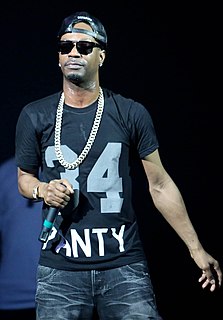A Quote by Measha Brueggergosman
Opera contains music that reflects a culture of poetry and aesthetic. Spirituals are no different. What separates a spiritual for me is that I also happen to love Jesus. When I'm approaching these songs, I'm not approaching them like Mozart. I see my faith and the struggle of my ancestors and of a people seeking freedom beside what these songs are going to be in terms of their arrangement and delivery.
Related Quotes
I suppose in some ways doing some of the songs in the show felt a bit like I was doing cover versions. I was covering myself. Not that they didn't feel like my songs, but the way I was approaching them was from a place so outside where they were written. The fact that these songs were in the context of a live show was a new thing.
I'm always interested in hearing how other people read and react to my songs. I hadn't thought of it in just that way. One of the things I love about doing things that are creative is that I feel like it's my right as an artist not to be affected by the reactions of those people that are going to hear my songs. But I also feel like it's the right of the people hearing them to have their own interpretations of what these songs mean. Sometimes people will see things that I don't see.
The music brings me confidence and freedom. It's also the thing that can make me feel the most vulnerable. Once I finish writing all the songs for an album, once I actually record them, that whole process is usually easy and enjoyable. The part where I feel the most vulnerable is when it's all finished, I can make no more changes, I've turned it in, and there's no going back. All of a sudden I hear the songs in a different way; that's when I feel vulnerable.
The challenges change depending on the song. There are some songs where the lyrics are really a challenge and then there are other songs where the lyrics are there and the music is a challenge. And then you've got rock songs where the challenge is the tightness of the arrangement with the band. The music and the lyrics are there, but it's a challenge to get the arrangement correct. So I wouldn't be able to point to one thing. What the challenge is changes all of the time.
When I was a teenager, I dreamed of being an opera singer like Maria Callas or a jazz singer like June Christy or Chris Connor, or approaching songs with the kind of mystical lethargy of Billie Holiday, or championing the downtrodden like Lotte Lenya. But I never dreamed of singing in a rock-and-roll band.
Often for me, if I hear a song I know, it clicks for me and I hear it in a different way and I think, "I could sing that song. I've got something to say about that song. Wanting to connect with an audience and wanting them to rethink songs; it is actually important to do songs they're familiar with. Also, I love those songs. In a way, I think I've changed people's perceptions of what a cabaret show like this could be.
Opportunities may come along for you to convert something -something that exists into something that didn't yet. That might be the beginning of it. Sometimes you just want to do things your way, want to see for yourself what lies behind the misty curtain. It's not like you see songs approaching and invite them in. It's not that easy. You want to write songs that are bigger than life. You want to say something about strange things that have happened to you, strange things you have seen. You have to know and understand something and then go past the vernacular.
I write songs for myself, songs come out of me, I get enjoyment out of it. Basically, that's it - I get enjoyment out of my songs, I know they're good songs, and know that the people around me who I respect are all getting up on these tunes, and the feedback is really good, so that's it. There are people who will receive them, and don't receive them. Not in a spiritual sense, but in a commercial sense - do these songs treat people, and so far they're working.
I write songs. Then I record them. And later, maybe I perform them on stage. That's what I do. That's my job. Simple. I don't feel comfortable doing interviews. My profession is music, and writing songs. I like to do it, but I hate to talk about it...Music is spiritual. The music business is not. Being famous was extremely disappointing for me. When I became famous it was a complete drag and it is still a complete drag.
